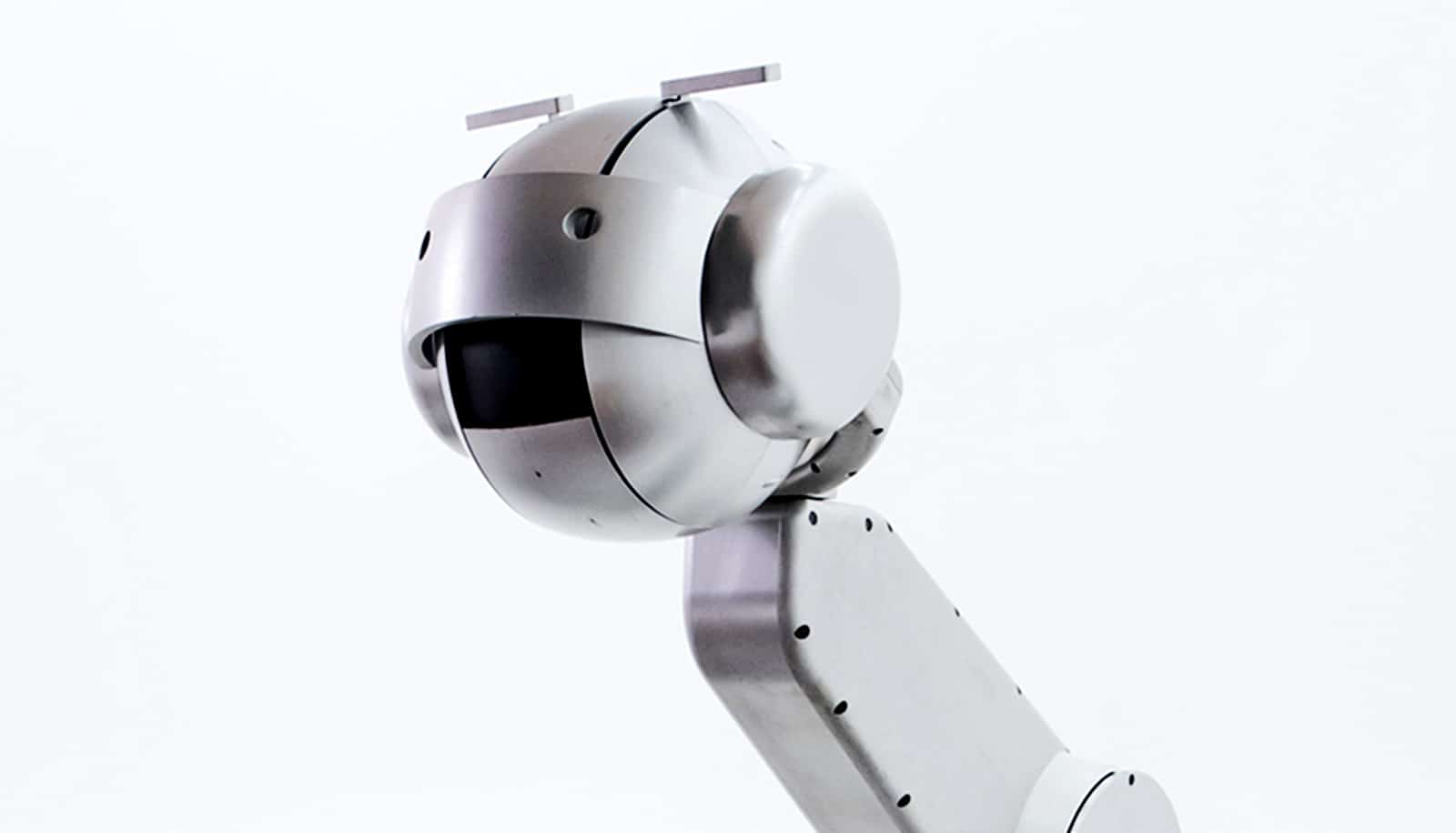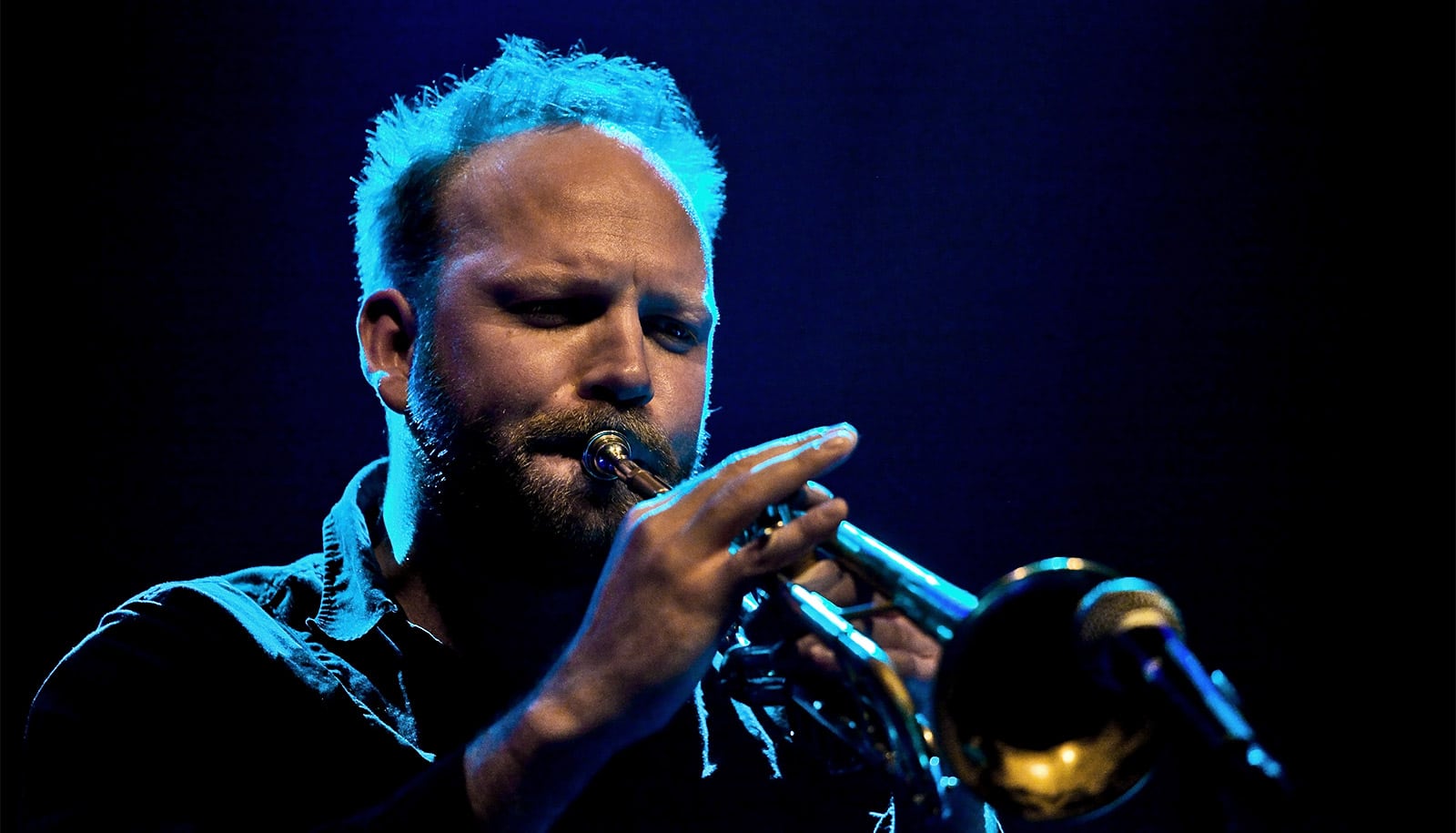Synchronization in a network of violin players may shed light on how human networks function in society, researchers report.
Human networking involves every field and includes small groups of people to large, coordinated systems working together toward a goal, be it traffic management in an urban area, economic systems, or epidemic control.
The research team devised an experiment involving 16 violinists with electric violins connected to a computer system. Each of the violinists had sound-canceling headphones, hearing only the sound received from the computer.
All violinists played a simple repeating musical phrase and tried to synchronize with other violinists according to what they heard in their headphones.

“Research on network links or coupling has focused predominantly on all-to-do coupling, whereas current social networks and human interactions are often based on complex coupling configurations,” according to the researchers.
“This study of synchronization between violin players in complex networks with full control over network connectivity, coupling strength, and delay, revealed that players can tune their playing period and delete connections by ignoring frustrating signals to find a stable solution. These controlled and new degrees of freedom enable new strategies and yield better solutions potentially applicable for other human networking models.”
“Society in its complexity is recognizing how human networks affect a broad range of crucial issues, including economic inequality, stock market crashes, political polarization, and the spread of disease,” says Daniel Weymouth, an associate professor of composition and theory in the music department at Stony Brook University.
“We believe there are a lot of important, real-world applications to the results of this experiment and ongoing work.”
The research appears in Nature Communications.
Additional researchers from Stony Brook and Bar-llan and the Weizmann Institute of Science in Israel.
Source: Stony Brook University



